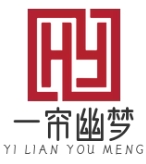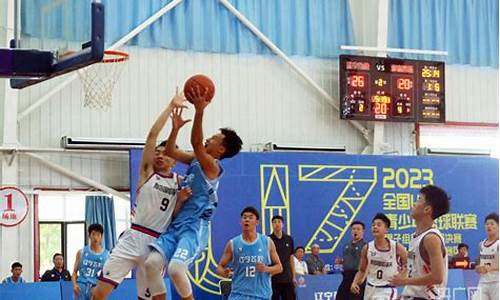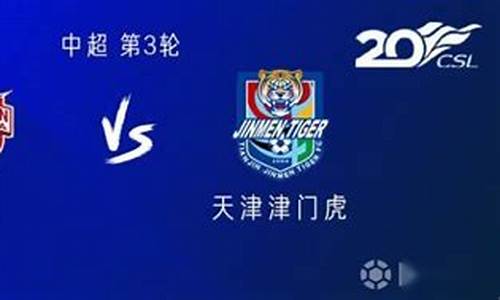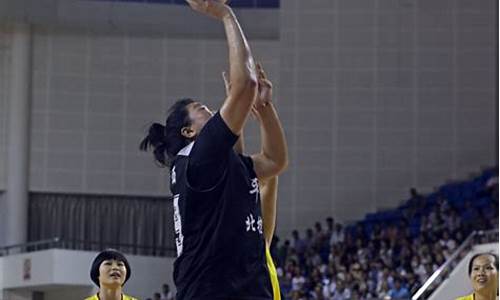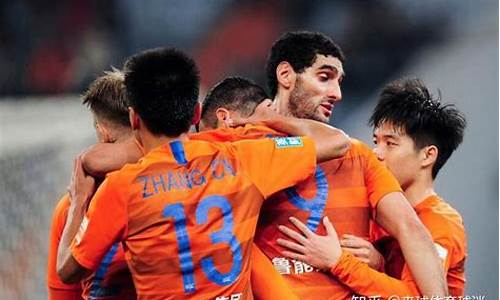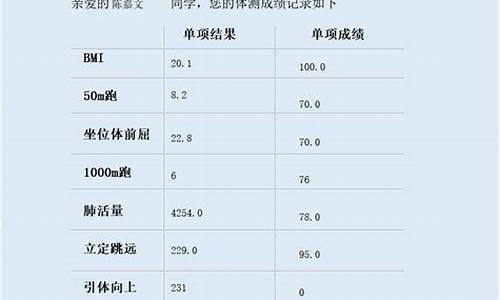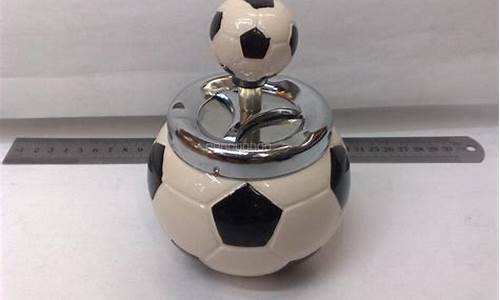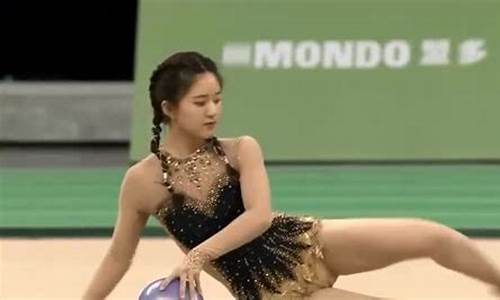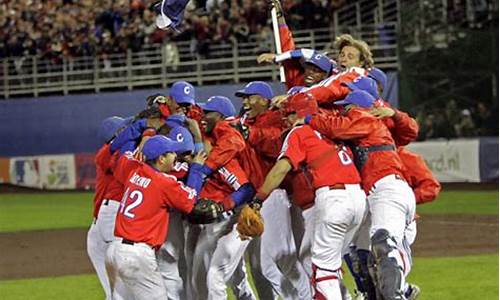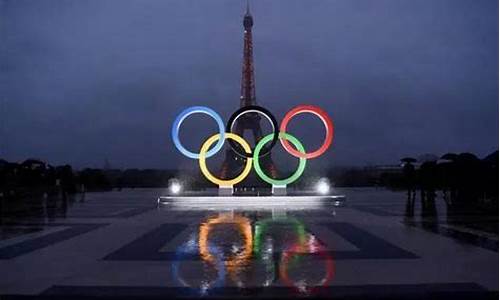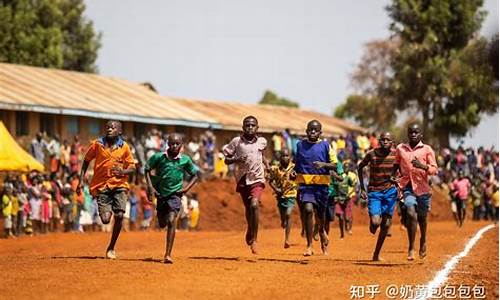她明天不打算打篮球英语-她明天不打算打篮球英语
1.去打篮球用英语怎么说
2.英语改写句子
去打篮球用英语怎么说

1、go to play basketball
2、今天天气不错,我们去打篮球吧用英语怎么说 :What a beautiful day,let's go to playing basketball.
3、去打篮球,你去不去:Go out and play basketball, you he to go or not to go to.
扩展资料:
作为及物动词的其他用法:
1、扮演(角色);上演(戏剧);排练戏剧
例句:She was just playing the devoted mother.
她只是在装成一位负责的母亲。
2、演奏;放(唱片等)
例句:Nina had been playing the piano.
尼娜一直在弹钢琴。
3、开(玩笑);玩弄
例句:I?don't?play?a?trick?on?innocent?people.?
我不作弄天真老实的人。
英语改写句子
现在进行时
1.现在进行时表示现在正在进行或发生的动作,也可表示当前一段时间内的活动或现阶段正在进行的动作。标志性的词:标志性的词:look, listen, now, at this/the moment 此刻 these days 这些天 right now 现在 at present 目前
2.现在进行时的肯定句基本结构为: 主语+be+动词ing.
We are hing English classes.
Daming ______________________________________now. 大明现在正在洗碗。
3.现在进行时的否定句在be后加not。
He is not watching TV.
大明不是在洗碗。
__________________________________________________________.
4.现在进行时的一般疑问句把be动词调到句首。
Is he watching TV?
________________________________________________? 大明是在做饭吗?
5.现在进行时的特殊疑问的基本结构为:
疑问词 + be + 主语 + 动词-ing?
What is he doing?
______________________________________________________? 大明正在做什么?
动词加ing的变化规则
1.一般情况下,直接加ing,如:cook-cooking
2.以不发音的e结尾,去e加ing,如:make-making, taste-tasting
3.以重读闭音节结尾的词,末尾只有一个辅音字母,双写末尾的辅音字母,再加ing,如:run-running, stop-stopping swimming
元音字母:____ ____ _____ _____ ____
现在进行时专项练习:
一、写出下列动词的现在分词:
play________ run__________ swim _________make__________
go_________ like________ write________ _ski___________
read________ he_________ sing ________ dance_________
put_________ see________ buy _________ love____________
live_______ take_________ come ________ get_________
stop_________ sit ________ begin________ shop___________
二、用所给的动词的正确形式填空:
1.The boy __________________ ( draw)a picture now.
2. Listen .Some girls _______________ ( sing)in the classroom .
3. Look . They _______________( he) an English lesson .
4.What is our granddaughter doing? She _________(listen ) to music.
5.______Helen____________(wash )clothes? Yes ,she is .
三、句型转换:
1. They are doing housework .(改成一般疑问句)
_____________________________________________________________
3.I’m playing the football in the playground .(对划线部分进行提问)
_________________________________________________________________
4.Tom is reading books in his study . (对划线部分进行提问)
_________________________________________________________________
四、选择填空
( ) 1. Father usually ______ his newspaper after dinner.
A. read B. reads C. reading D. is reading
( ) 2. The Blacks often ______ to the cinema on Saturday evenings.
A. go B. goes C. is going D. are going
( ) 3.Look! The boy ______ with his mother in the pool.
A. is swimming B. is swiming C. are swimming D. are swiming
( ) 4.--- What is Tom doing in the classroom
--- He ______ something on the blackboard.
A. draws B. draw C. is drawing D. are drawing.
( ) 5.Old Tom usually ______ up at six and ______ sports in the garden.
A. gets, dos B. gets, does C. get, does D. gets, do
( ) 6. It's ten o'clock and Jack ______ still(仍然) ______ his homework.
A. is, do B. is, doing C. are, do D. are, doing
( ) 7. The waiters ______ to work at five every morning.
A. start B. starts C. starting D. are starting
( ) 8.I ______ a letter, so I can't go out with you.
A. is writing B. am writing C. am writeing D. am writing
动词变为第三人称单数形式的规则:
(1)在一个句子中,如果主语人称既不是你,也不是我,而是另外的一个人,这时的人称叫做第三人称单数。
(2)在第三人称单词的句子中,动词要使用第三人称单词形式。
(3)动词变为第三人称单数形式,要遵循以下规则:
①一般情况下,在动词的后面直接加s。如:
read--reads make—makes write—writes
②以字母s, x, o , sh , ch结尾的动词,在词尾加es。如:
do—does wash—washes teach—teaches go—goes pass—passes
③以y结尾的动词分为两个情况:
A: 以元音字母加y结尾的动词,在词尾直接加s。如:play—plays buy--buys
B: 以辅音字母加y结尾的动词,要把y变为i,再加es.如:study--studies
④特殊变化:he—has He ______ three new teachers.
一般词尾加s: (清清;浊浊;元浊)
ch,s, sh后+ es:读/iz/
o结尾 + es:go,do—goes/g ?u z/,does/ d ? z/
辅+ y结尾变i加es:读/z/
特殊:he—has
声明:本站所有文章资源内容,如无特殊说明或标注,均为采集网络资源。如若本站内容侵犯了原著者的合法权益,可联系本站删除。
